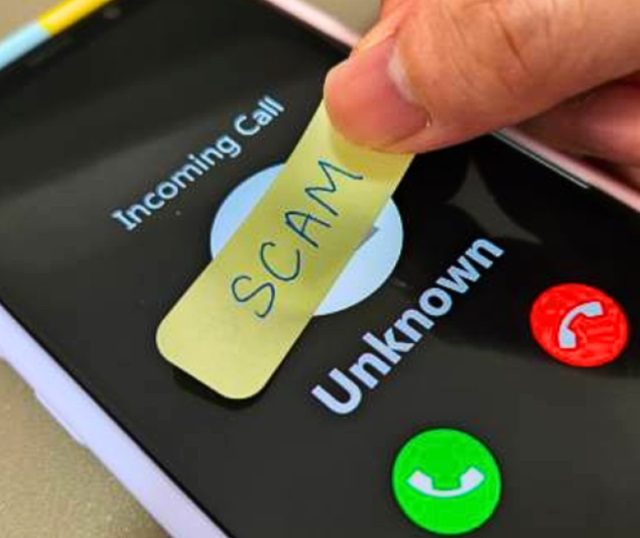BTN News: In today’s digital world, the frequency of receiving unexpected calls from unknown numbers has increased, and it’s not uncommon to answer a call only to be met with silence on the other end. These mysterious calls, often referred to as “robocalls,” can range from mildly annoying to potentially dangerous. While some of these calls are harmless and simply a misguided attempt by an automated system to reach you, others are more concerning, potentially setting the stage for elaborate scams. Understanding the risks associated with these calls and taking the appropriate precautions is crucial in safeguarding your personal information and financial security.
One of the less concerning scenarios involves a call from an automated system that may be attempting to deliver a promotional message or connect you to a live agent. Sometimes, the system fails to detect that you’ve answered, resulting in dead air. While these calls are more of an inconvenience, they can still be frustrating, especially when they repeatedly occur. Often, if you let these calls go to voicemail, they might leave behind a fragment of a pre-recorded message, giving you a clue that it was likely a robocall.
However, a more unsettling possibility exists: the call could be a form of reconnaissance to verify if your phone number is active and in use. If someone answers, it confirms that the line is operational, making the number a potential target for further scams. Scammers may use this information to initiate a phase of social engineering, attempting to gather more data about the individual using that phone number.
Why would someone want this information? The intent behind these verification calls is often to exploit the person through more targeted fraud attempts, particularly by hijacking their WhatsApp account or other online profiles. By gaining control of your account, scammers can impersonate you and reach out to your contacts with urgent requests for money, usually under the guise of a financial emergency. Alternatively, they might engage you in a conversation, record snippets of your responses, and later use these recordings to impersonate you in phone-based transactions or other forms of identity fraud.
Given the potential risks, it’s essential to exercise caution when receiving such calls. Start by using common sense: just because someone claims to represent a legitimate organization, such as a government agency or bank, doesn’t mean they actually do. Even if the caller’s profile picture includes an official logo, this can easily be faked. Always be wary of unsolicited requests for personal information, especially passwords or other sensitive data.
If a caller claims there’s an issue with your bank account or another important service, resist the urge to address the problem immediately. Instead, hang up and contact the organization directly using a verified number or through their official website. Do not engage in any form of troubleshooting, such as installing apps, sharing your screen, or following instructions at an ATM, as these are common tactics used in scams. It’s worth noting that legitimate entities will never ask you to perform such actions over the phone.
A crucial part of protecting your digital identity is enabling two-factor authentication (2FA) on all your online accounts, particularly WhatsApp. This adds an extra layer of security by requiring a second, six-digit passcode whenever someone tries to log into your account from a new device. Similarly, many other services, like banking apps or social media platforms, allow you to use an authenticator app instead of relying on SMS for 2FA. These apps generate a unique code that must be entered in addition to your password, making it significantly harder for someone to hijack your accounts.
In addition to securing your accounts, it’s helpful to utilize tools that can help identify and block potential spam or fraud calls. Apps like Hiya and Truecaller can flag suspicious numbers based on reports from other users, giving you a heads-up if the number calling you has a history of problematic behavior. Both Google and Apple also offer built-in features that can alert you to potential spam calls. If you suspect a number is involved in fraudulent activities, these apps often allow you to report it, contributing to a larger database that helps protect others.
Remaining calm and patient is key when dealing with these calls. Legitimate contacts will make multiple attempts to reach you and will use various communication channels, including WhatsApp, where they can introduce themselves and explain their purpose. This gives you the time and opportunity to verify their legitimacy without rushing into a potentially dangerous situation.
In summary, the increasing prevalence of robocalls and other unsolicited phone scams highlights the importance of vigilance and proactive security measures. By recognizing the signs of these fraudulent activities and employing tools and practices to protect yourself, you can significantly reduce the risk of falling victim to these scams. Remember, when it comes to your security, it’s better to be safe and take the time to verify the authenticity of any unexpected contact.


